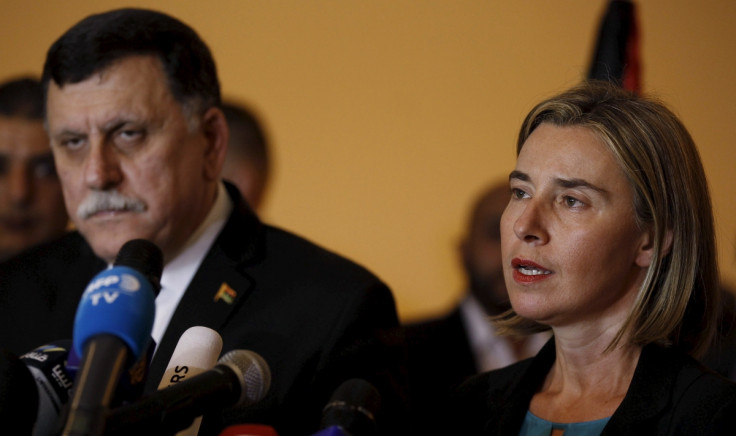Libya: Presidential council announces new government with 1st job to tackle Isis threat

A Libyan unity government has been formed with an aim at bringing together the country's warring factions and two separate parliaments under a UN-backed plan. Western governments hope that the new government will help unify the deeply-fractured nation and tackle the growing threat of Islamic State (Isis) on the edge of Europe.
Libya has been in a state of unrest since the removal of Muammar Gaddafi in 2011. Since 2014, the nation has had two rival governments and parliaments, one operating from the capital Tripoli and one from the eastern city of Tobruk – where Daesh (Isis) rebels are operating freely.
Despite the landmark announcement, only seven of the council's nine members signed the document, which named a total of 32 ministers, including one female. UN officials have said that the 'Skhirat' agreement was the last chance for Libya to save itself from an intensifying civil war.
Both the US and European governments have emphatically welcomed the agreement. The formation of a unity government, above all else, is a precondition for an international intervention which will include US, Italian and British troops.
Despite not all of the warring factions being represented, EU foreign policy chief Federica Mogherini called the declaration by the Tunis-based council "an essential step". He said, according to Reuters, that only a unity government would be able to "end political divisions, defeat terrorism, and address the numerous security, humanitarian and economic challenges the country faces".
The agreement will still have to be confirmed by the House of Representatives in Tobruk which has ten days to endorse the new parliament. It will also need to be confirmed by the General National Congress in Tripoli.
Since the start of 2015, Isis has carried out some of its most audacious terrorist attacks in Libya including one on the coastal town of Zliten on 7 January when 65 were killed in a suicide bomb attack. This was followed less than 12 hours later by a second suicide attack, killing seven in the east.
Isis has also targeted the Sidra and Ras Lanuf oil terminals from its Sirte stronghold, where it has carried out a series of beheadings and other public executions.
© Copyright IBTimes 2025. All rights reserved.




















